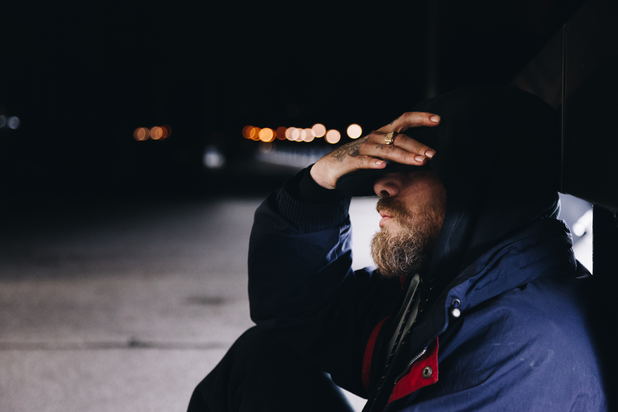When we think of the homeless population, we typically imagine cliched stereotypes of people panhandling street corners, pushing shopping carts, or shouting obscenities into the public.
We think of the people the rest of society has forgotten about. We consider injured veterans, the mentally unwell, the physically debilitated, and the financially-strapped.
However, we don't think about the individuals lurking in the shadows: the hidden homeless, the people who are surviving via couch-surfing, who have left home because the streets feel safer.
These people represent our country's vulnerable youth—the population between ages 18 and 25—and as many as 1 in 10 of them experience homelessness in a given year.
Why Are They Considered Hidden?
In a nutshell, because they "hide." They aren't checking into shelters or hospitals or formal housing programs. They aren't standing outside a grocery store with a change bucket. No, they're keeping a low profile, doing whatever they can to stay off the radar.
This often includes couch surfing from house to house. It also includes sleeping in cars or checking into motels.
So, why do they keep a hidden profile? Typically, it's safer. Many of these individuals are homeless because "home" was too toxic, dangerous, or abusive. The fear of having to return "home" is often stronger than the fear associated with the unknown chaos that lurks on the streets.
What Else Is Known About This Population?
The majority of the hidden homeless consist of minority populations, including blacks and Hispanics. Almost 40 percent of homeless youth are lesbian, gay, bisexual, or transgender. Many of them report struggling with mental illness or substance use.
Several of these individuals report family distress and chronic trauma. Due to the ongoing tension, some of them left home voluntarily. Others were kicked out for one reason or another.
Furthermore, some of them were foster youth who funneled out of the system after becoming a legal adult. That said, due to the continuous cracks in government funding and homeless programs, they faced an uphill battle the day they turned 18.
Why Does Accounting For This Population Matter?
The number of hidden homeless youth has tripled in Atlanta in recent years. The number in Seattle's King County skyrocketed more than 700 percent between 2016 and 2017 alone. Clearly, this is an epidemic, but it's not one most people comprehend.
Accounting for this population matters because youth are vulnerable to a variety of long-term problems including:
- mental health problems
- physical health problems
- substance abuse and addiction
- sexual exploitation
- legal issues
However, if communities remain unaware of the problems, they cannot offer viable solutions for necessary change.
How Does Change Happen?
There isn't a perfect answer. The change will need to happen at a systemic level. After all, nobody decides that they want to be homeless.
Shelters, treatment facilities, and mental health services can provide a working solution, but resources may be scant. Moreover, adults who have already lived independently often struggle with the rule and structure required at formal facilities.
The journey out of homelessness can represent a battle in and of itself. Youth need to feel safe and supported in order to feel motivated for a new way of living. Additionally, they often need proof that they aren't getting scammed or conned (which is a prevailing problem on the streets).
Change can happen in multiple ways. It happens in helping our youth obtain steady income sources. It happens in providing free community resources. Most importantly, it happens in having compassion—in understanding that even if you've never experienced homelessness, you can be an advocate for someone who may be struggling.
|
If you or someone you know is seeking help from addiction, please visit our directory of treatment centers or call 800-772-8219 to speak to a treatment specialist. |








